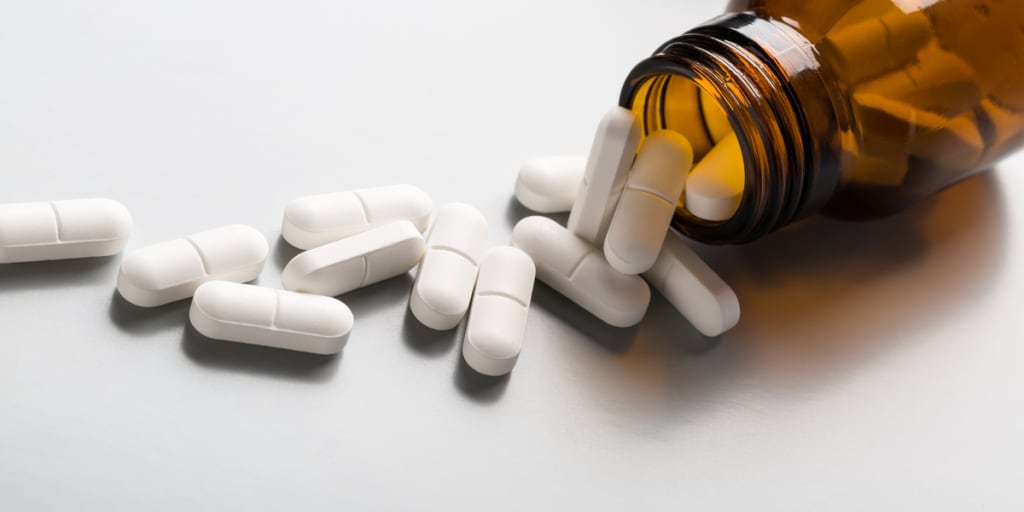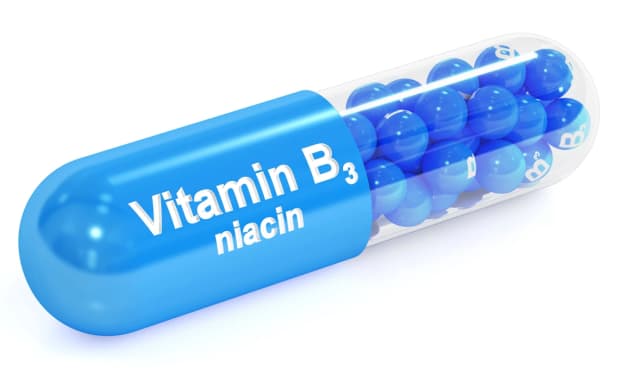A Guide to Passing an Amphetamine Drug Test
Tips and Strategies for Acing Your Amphetamine Drug Test

Are you concerned about passing an amphetamine drug test? Whether you're taking a drug test for employment purposes or any other reason, it's essential to be prepared and informed.
This guide will provide you with valuable insights and strategies to help you successfully pass an amphetamine drug test. From understanding the detection window to exploring effective detox methods, we've got you covered.
Introduction
Drug tests are commonly used to determine the presence of illicit substances in an individual's system. One such substance is amphetamines, which include drugs like Adderall and methamphetamine. If you have recently used amphetamines and need to pass a drug test, it's important to understand how these tests work and what steps you can take to increase your chances of passing.
What is Amphetamines?
Amphetamines are stimulant drugs that affect the central nervous system. They are commonly prescribed for attention deficit hyperactivity disorder (ADHD) and narcolepsy. However, they are also misused for their euphoric effects. Amphetamines work by increasing the levels of certain chemicals in the brain, resulting in increased alertness, focus, and energy.
Detection Window of Amphetamines
The detection window for amphetamines depends on various factors, including the type of drug test being conducted. In general, amphetamines can be detected in urine for 1-3 days, in blood for up to 24 hours, and in hair follicles for up to 90 days. It's important to note that individual metabolism and frequency of use can also impact the detection window.
Types of Amphetamine Drug Tests
There are several types of drug tests used to detect amphetamines. The most common ones include urine tests, blood tests, saliva tests, and hair follicle tests.
- Urine tests are the most frequently used method due to their cost-effectiveness and convenience.
- Blood tests are more invasive and are typically used in situations where recent drug use needs to be confirmed.
- Saliva tests and hair follicle tests can also provide information about past amphetamine use.
Factors Influencing Drug Test Results
Several factors can influence the outcome of an amphetamine drug test. These include the dosage and frequency of amphetamine use, individual metabolism, body mass index (BMI), hydration levels, and the sensitivity of the testing method. It's crucial to consider these factors when preparing for a drug test and choosing the most suitable strategy to pass it successfully.
Preparation for an Amphetamine Drug Test
Before the drug test, it's important to stop using amphetamines immediately. The longer you abstain from drug use, the better your chances of passing the test. Additionally, you should consider implementing lifestyle changes to support the detoxification process. This includes adopting a healthy diet, staying hydrated, exercising regularly, and getting enough sleep.
Natural Detoxification Methods
Natural detoxification methods aim to eliminate toxins from the body through natural processes. These methods include drinking plenty of water, consuming fiber-rich foods, and incorporating detoxifying herbs and supplements such as milk thistle and dandelion root. However, it's important to note that these methods may not guarantee a negative drug test result, especially if the detection window is still open.
Detox Drinks and Supplements
Detox drinks and supplements are marketed as products that can help flush out toxins from the body, including amphetamines. These products often contain ingredients like cranberry extract, vitamin B complex, and herbal extracts. While some individuals claim success with these products, their effectiveness can vary, and there is limited scientific evidence to support their claims.
Exercise and Hydration
Regular exercise and proper hydration can support the body's natural detoxification process. Engaging in activities that induce sweating, such as cardio exercises or saunas, can help eliminate toxins through the skin. Additionally, drinking plenty of water and staying hydrated can aid in flushing out toxins through urine. However, it's important to avoid excessive exercise, as it can temporarily increase the release of toxins into the bloodstream.
Diet Modifications
Making certain dietary modifications can potentially assist in detoxifying the body. Increasing your intake of fruits, vegetables, and whole grains can provide essential vitamins, minerals, and antioxidants that support the body's natural cleansing mechanisms. Avoiding processed foods, alcohol, and caffeine can also help reduce toxin buildup. However, it's important to maintain a balanced diet and consult with a healthcare professional before making any significant dietary changes.
Synthetic Urine as an Option
Synthetic urine is a laboratory-made substitute that closely resembles real urine in terms of appearance and composition. It is often used as a substitute for real urine during drug tests. However, using synthetic urine carries legal and ethical risks, as it is considered a deceptive practice. Additionally, testing methods have become more sophisticated, making it challenging to pass a drug test using synthetic urine.
Over-the-Counter Detox Products
There are various over-the-counter detox products available in the market, including detox pills and detox kits. These products claim to cleanse the body of toxins, including amphetamines. It's important to research these products thoroughly and read customer reviews before making a purchase. However, it's crucial to note that the effectiveness of these products can vary, and there is no guarantee of passing a drug test solely by using them.
Legal and Ethical Considerations
Attempting to cheat or manipulate a drug test is not only unethical but also illegal in many jurisdictions. It's essential to understand the legal consequences associated with using deceptive practices and synthetic substances during a drug test. Adhering to the guidelines provided by the testing facility and exploring legitimate methods to detoxify your body are the most responsible and ethical approaches to passing an amphetamine drug test.
Conclusion
Successfully passing an amphetamine drug test requires careful preparation and adherence to legal and ethical guidelines. By understanding the detection window, exploring natural detoxification methods, and making lifestyle changes, you can increase your chances of obtaining a negative test result. However, it's important to note that no method can guarantee absolute success. Prioritize your well-being, seek support when needed, and make responsible choices regarding substance use.






Comments
There are no comments for this story
Be the first to respond and start the conversation.